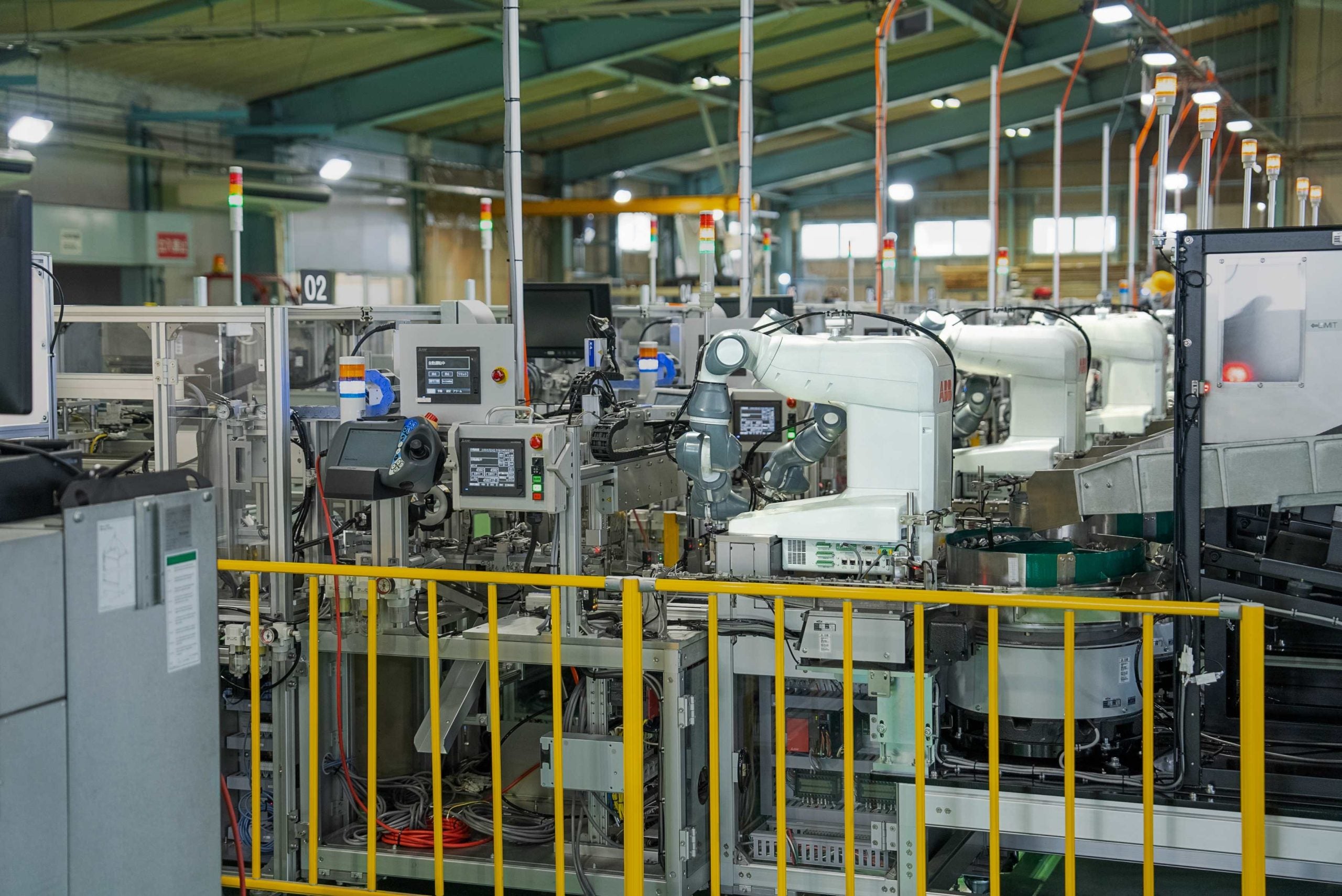
ABB’s YuMi cobots are enabling the reshoring of production and helping to address challenges presented by workforce shortages for SUS Corporation, a major supplier of aluminium frames and die-cast aluminium components for the automotive and other manufacturing industries.
“Reshoring is increasingly viewed as a way to address the challenges of disruptive supply chains and uncertainty but it can introduce complexities of its own,” said Joerg Reger, managing director of ABB robotics automotive business line.

Discover B2B Marketing That Performs
Combine business intelligence and editorial excellence to reach engaged professionals across 36 leading media platforms.
In the wake of significant disruption to global supply chains in recent years, SUS chose to return to domestic production in Shizuoka, Japan to better manage its lead times and introduce greater flexibility. However, the manual and repetitive nature of the production process, coupled with mounting labour shortages, has made it difficult for the company to recruit and retain sufficient workers to achieve the required production volume.
The solution – a series of dual armed collaborative robots – has reduced assembly time, increased productivity by 20% and introduced much needed flexibility in response to fluctuations in demand. The company expects to achieve payback on its investment within two years.
The automated system was developed using ABB’s simulation software to design and optimise the operation virtually, ahead of deployment. The simulation verified that seven axes of movement per arm were able to replicate the complex twisting actions needed during the assembly process.
The company is now investigating adding further cells for other products and automating other processes.
“The robots have taken on monotonous, repetitive jobs, enabling workers to be reassigned to more rewarding tasks such as operation management. The new system has also made it possible to operate at night with fewer workers, with the number of dedicated assembly machines in operation reduced from 11 to five,” said Akihiro Taki, die casting team head, at Shizuoka.






